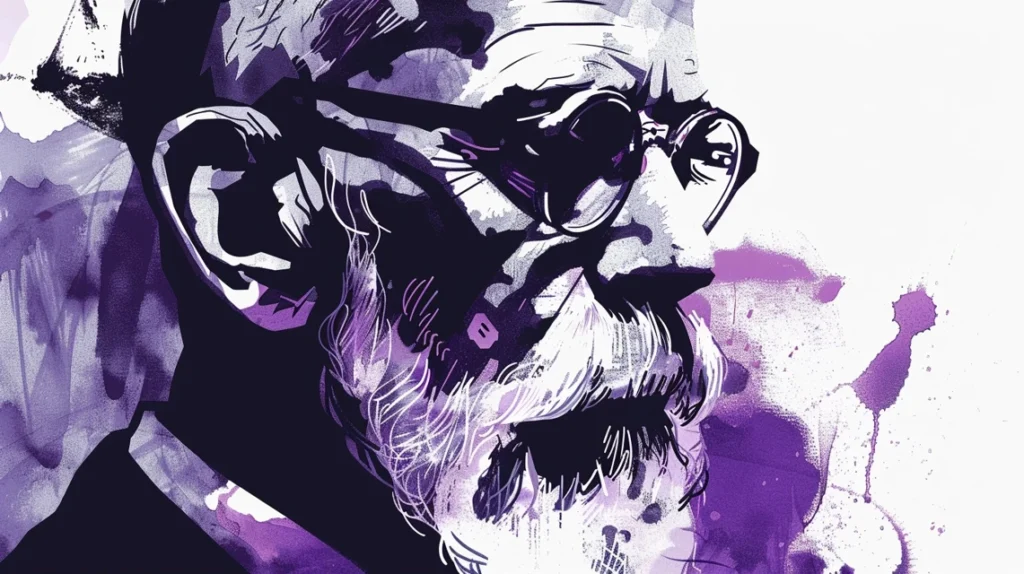Professor Tony Prescott believes that AI can help individuals improve social skills and prevent social isolation, but experts have raised concerns about the impact on human connections and the need for ethical AI design.
Professor Tony Prescott from the University of Sheffield advocates for the use of artificial intelligence (AI) to combat human loneliness. He argues in his book, The Psychology of Artificial Intelligence, that AI could serve as a valuable tool to help individuals improve social skills and build self-confidence, thereby preventing social isolation. Prescott likens AI companionship to the bonds people share with pets and the acceptance of children playing with dolls.
Loneliness has emerged as a significant social issue, affecting over 7% of people in the UK and more than a third of Americans, particularly young adults and mothers with small children. The health impacts are severe, with loneliness linked to increased risks of heart disease, dementia, stroke, depression, anxiety, and premature death.
Despite Prescott’s optimism, there is skepticism among other experts. Sherry Turkle, an MIT social scientist, cautions that human-machine relationships could impair the formation of secure human connections. Christina Victor from Brunel University questions whether AI connections can be meaningful, emphasizing the importance of reciprocity in social relationships. Murali Doraiswamy of Duke University acknowledges the potential of AI but stresses the importance of human friends and the need to ensure AI designs are moral and privacy-protective.
As technology advances, companies like OpenAI are making chatbots more emotionally responsive. However, ethics and privacy remain pertinent concerns in the development and implementation of AI companionship.










